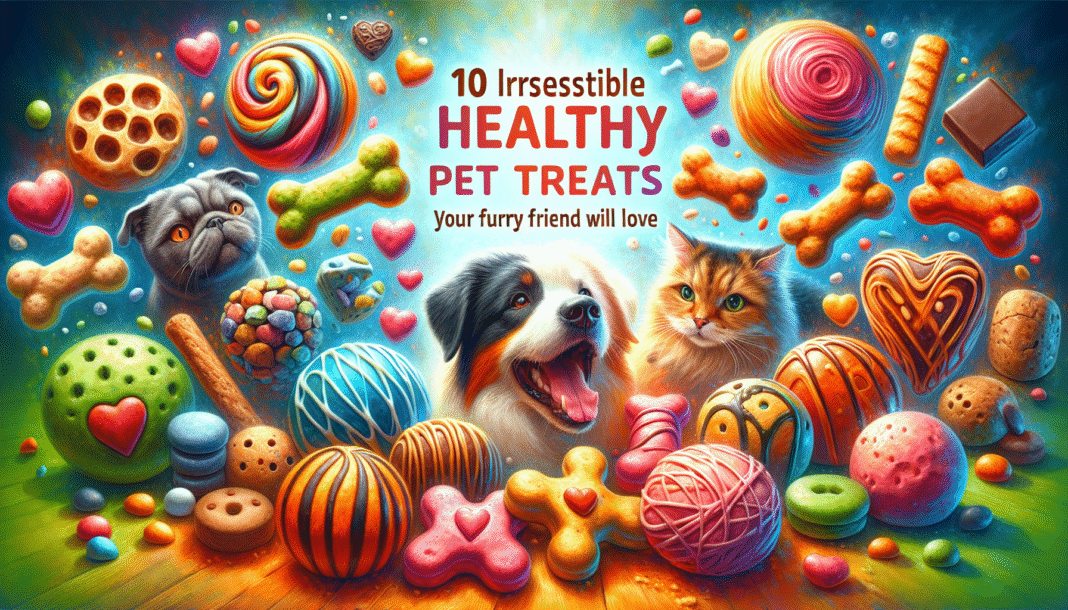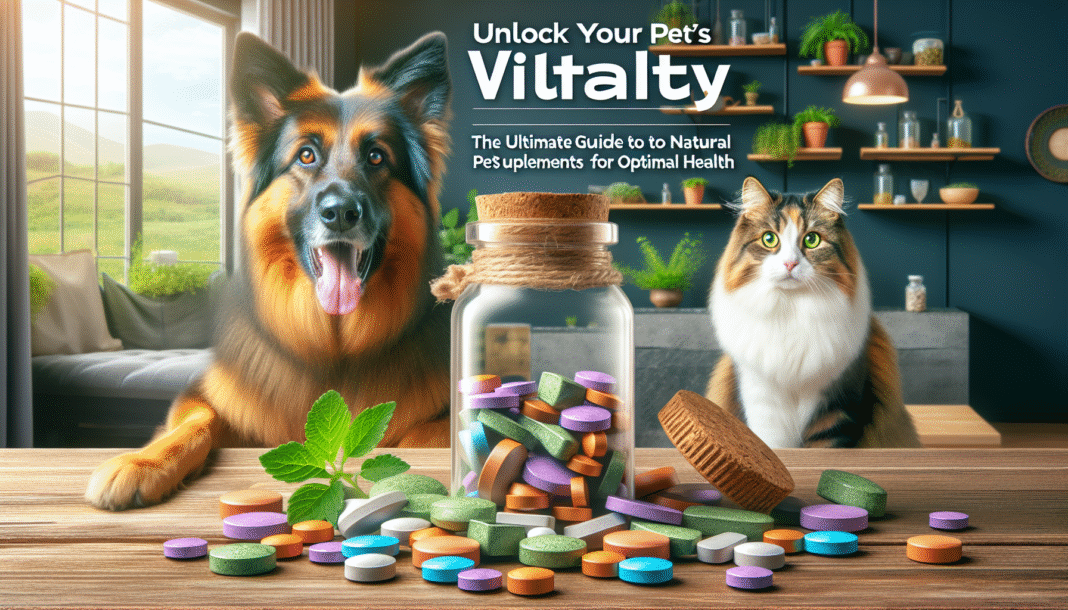As our beloved pets grow older, their nutritional needs may shift significantly. Senior pet nutrition is vital for ensuring that our furry companions remain happy and healthy in their golden years. This guide will navigate through the various aspects of senior pet nutrition, focusing on the best practices to support your aging pet’s health.
Understanding Senior Pet Nutrition
Why Nutrition Matters for Senior Pets
Aging pets often face various health challenges, including decreased metabolism, dental issues, and chronic conditions. Proper nutrition can help manage these challenges and enhance their quality of life. Optimized diets can aid in weight management, joint health, and even cognitive function.
Nutritional Needs of Senior Pets
-
Lower Calories: As pets age, their energy levels typically decline. Senior pets require fewer calories to maintain a healthy weight. Foods formulated for seniors often reflect this by using high-quality proteins and lower fat content.
-
Increased Fiber: Fiber supports digestive health, especially in older pets prone to constipation. Look for foods that contain ingredients like beet pulp and pumpkin.
-
High-Quality Proteins: Senior pets need proteins for muscle maintenance, but it’s crucial these proteins are of high quality. This means choosing meats such as chicken, fish, or turkey while avoiding meat by-products.
-
Healthy Fats: Omega-3 and Omega-6 fatty acids are vital for skin and coat health, as well as joint support. These can be found in fish oil or flaxseed oil.
-
Joint Support Nutrients: Ingredients such as glucosamine and chondroitin can help maintain joint health and mobility. They are particularly important for larger breeds that are more susceptible to joint issues.
- Antioxidants: Aging pets benefit from antioxidants that help combat oxidative stress. Ingredients like blueberries, carrots, and spinach can boost your pet’s immune system.
Common Health Issues in Senior Pets
Weight Management
Obesity is a common problem among senior pets, which can lead to various health issues, including diabetes, arthritis, and cardiovascular problems. Regular monitoring of your pet’s weight and adjusting their diet accordingly is essential.
Dental Health
Dental issues can worsen as pets age. Seniors may experience tooth loss, gum disease, and other oral health issues that can affect their ability to chew food. Offering dental chews or soft food can help make meals more manageable.
Kidney Health
Kidney function often declines in older pets, requiring a diet lower in phosphorus and protein in some cases. Regular veterinary check-ups can help monitor kidney health, and a specialized diet can be introduced as needed.
Cognitive Dysfunction
Just like humans, pets may face cognitive changes as they age. Signs can include confusion, anxiety, and disrupted sleep patterns. Foods enriched with DHA, an omega-3 fatty acid, may help support cognitive health.
Tips for Transitioning to Senior Pet Food
-
Gradual Transition: When changing your senior pet’s diet, do it gradually over a week or two to prevent digestive upset. Mix their current food with the new food, slowly increasing the proportion of the new food.
-
Consult Your Veterinarian: Always discuss dietary changes with your vet, especially if your pet has pre-existing health conditions.
-
Read Labels Carefully: Look for formulations specifically designed for senior pets that meet their unique dietary needs.
- Monitor Portions: Measuring your pet’s food can help maintain a healthy weight. Consult with your vet to determine the appropriate portion size.
Meal Planning for Senior Pets
Homemade vs. Commercial Diets
Commercial Diets: Many pet owners opt for high-quality commercial diets that are specially formulated for seniors. These foods are often fortified with the necessary vitamins and minerals.
Homemade Diets: If you prefer to prepare meals for your pet, consult with a veterinary nutritionist. A balanced homemade diet must include the right proportions of proteins, carbohydrates, fats, vitamins, and minerals.
Meal Frequency
Feeding your senior pet smaller, more frequent meals can help with digestion and metabolism. Instead of two larger meals, consider three to four smaller ones throughout the day.
Hydration: A Key Component of Senior Pet Care
Adequate hydration is crucial for aging pets. Ensure that your pet has access to fresh, clean water at all times. Consider wet food options, which can contribute to overall fluid intake.
Special Dietary Considerations
Allergies and Sensitivities
As pets age, they may develop food allergies or sensitivities. Common allergens include grains, chicken, and beef. If you notice any signs of intolerance, such as itching or gastrointestinal upset, discuss a diet change with your veterinarian.
Specific Health Conditions
If your senior pet has specific health issues (like diabetes, heart disease, or allergies), they may require a specialized diet. Your veterinarian can recommend the best dietary plan tailored to their needs.
Monitoring Your Senior Pet’s Health
Regular veterinary check-ups become increasingly important as your pet ages. Routine bloodwork, weight checks, and dental cleanings can help catch potential issues early. Keep track of your pet’s behavior and any changes in their appetite or energy levels.
Practical Tips for Pet Owners
- Stay Informed: Keep up with the latest studies and nutritional advice for senior pets.
- Watch for Changes: Keep an eye on your pet’s weight, energy levels, and overall behavior.
- Engage Your Pet: Cognitive games and physical activities can help keep your pet stimulated.
- Be Patient: Transitioning to a senior diet can take time and patience. Be attentive to your pet’s needs and preferences.
By providing the right nutrition and care, you can enhance the quality of life for your senior pet, keeping them vibrant and spirited in their senior years. Always remember that each pet is unique, and their dietary needs may vary. Careful attention to your furry friend’s nutrition and health will ensure many more happy moments together.


